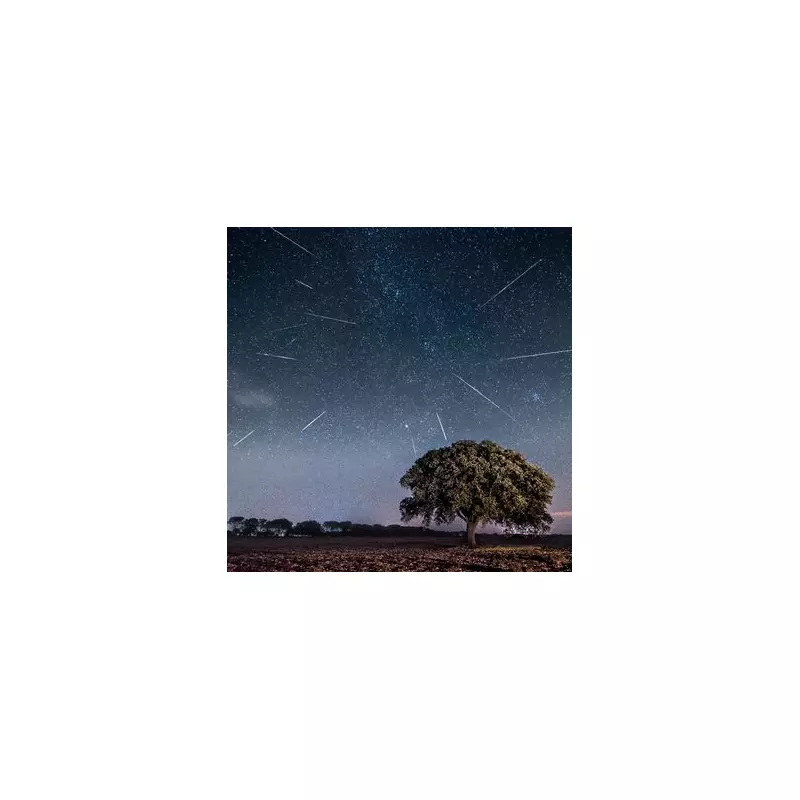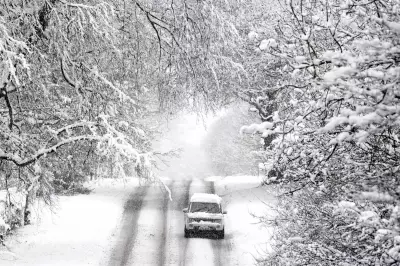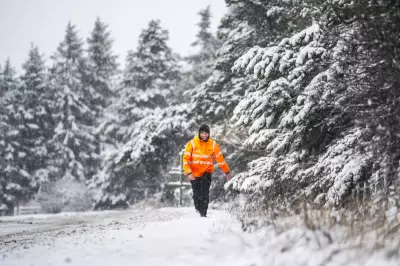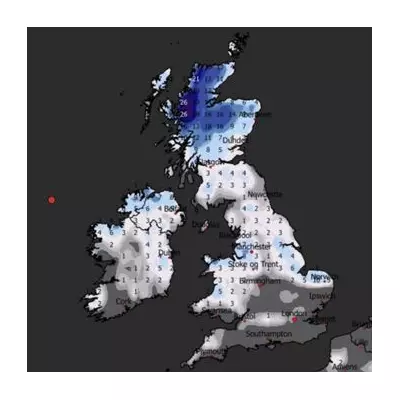
The annual Perseid meteor shower, one of nature's most dazzling displays, is returning to UK skies this August, promising a breathtaking spectacle of up to 100 shooting stars per hour.
When to Watch the Celestial Fireworks
Peak viewing nights will be 12-13 August, when Earth passes through the densest part of Comet Swift-Tuttle's debris trail. However, stargazers can spot meteors from 17 July to 24 August, with activity gradually increasing toward the peak.
Prime Viewing Conditions
This year's show benefits from a waning crescent moon, meaning darker skies and better visibility. For optimal viewing:
- Find a dark location away from city lights
- Allow 20 minutes for your eyes to adjust to the darkness
- Look northeast toward the constellation Perseus
- Bring a reclining chair or blanket for comfort
What Makes the Perseids Special
The Perseids are renowned for their:
- High frequency of bright meteors
- Occasional spectacular fireballs
- Reliable annual performance
- Summer timing (comfortable viewing temperatures)
These cosmic fireworks occur when debris from Comet Swift-Tuttle burns up in Earth's atmosphere at 37 miles per second, creating brilliant streaks of light.
Photography Tips
To capture the magic:
- Use a DSLR camera with manual settings
- Set a wide aperture (f/2.8 or lower)
- Use high ISO (1600-3200)
- Long exposures (15-30 seconds)
- Mount on a tripod
Whether you're an astronomy enthusiast or just looking for a magical night out, the Perseids offer one of the year's most accessible celestial events - no telescope required!





